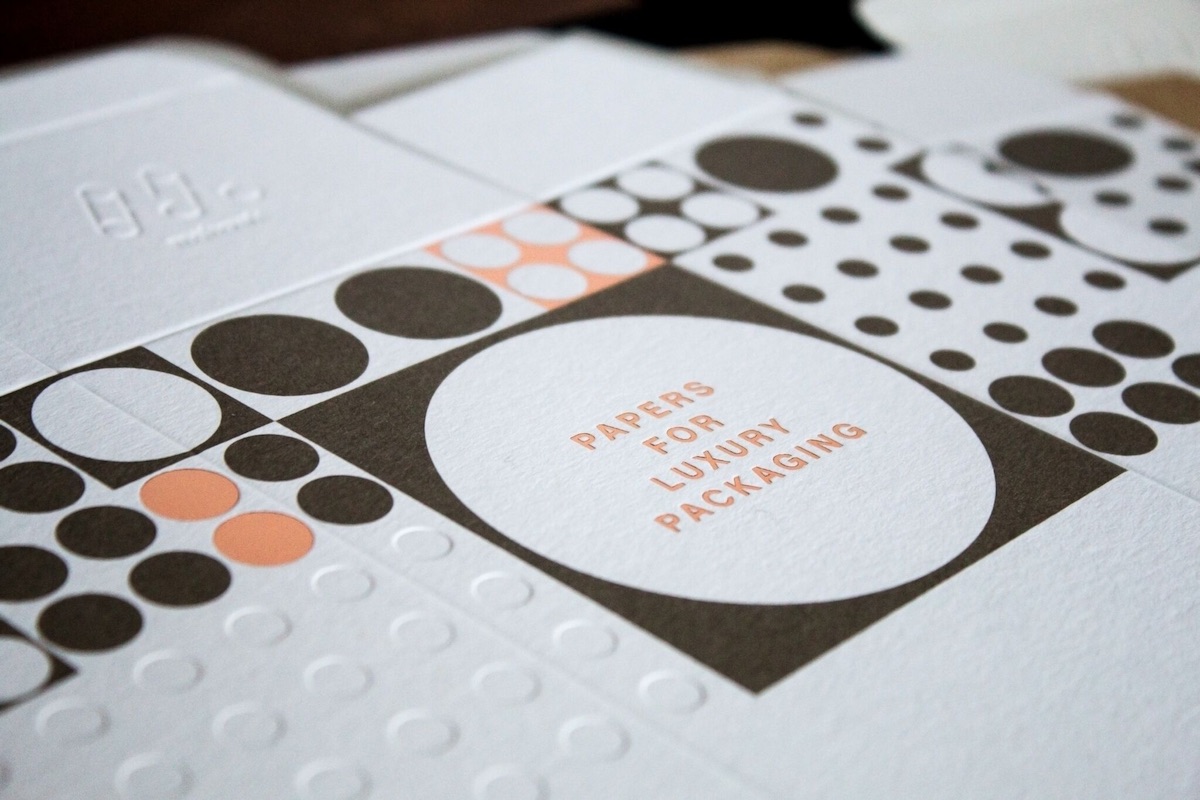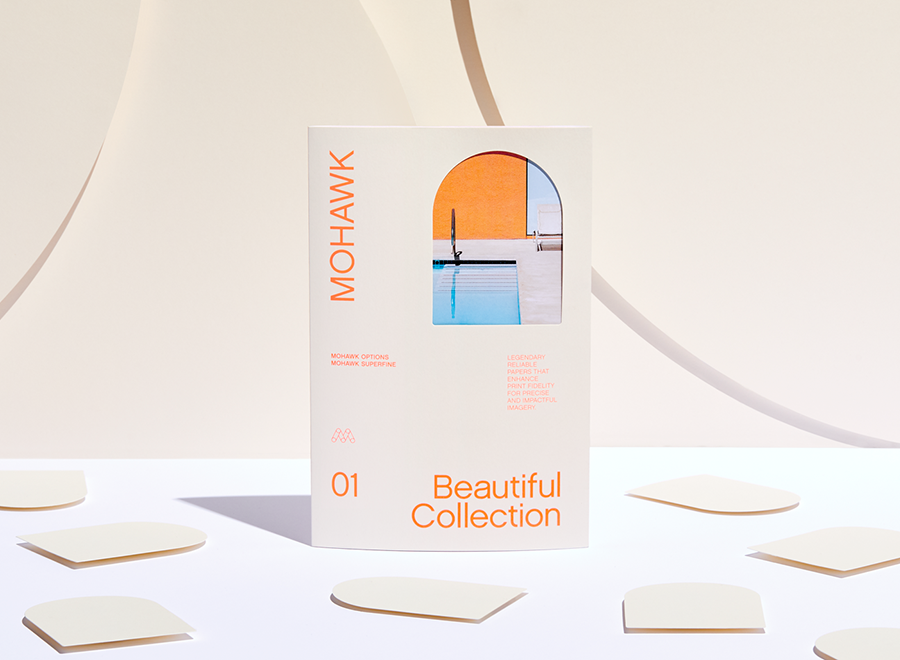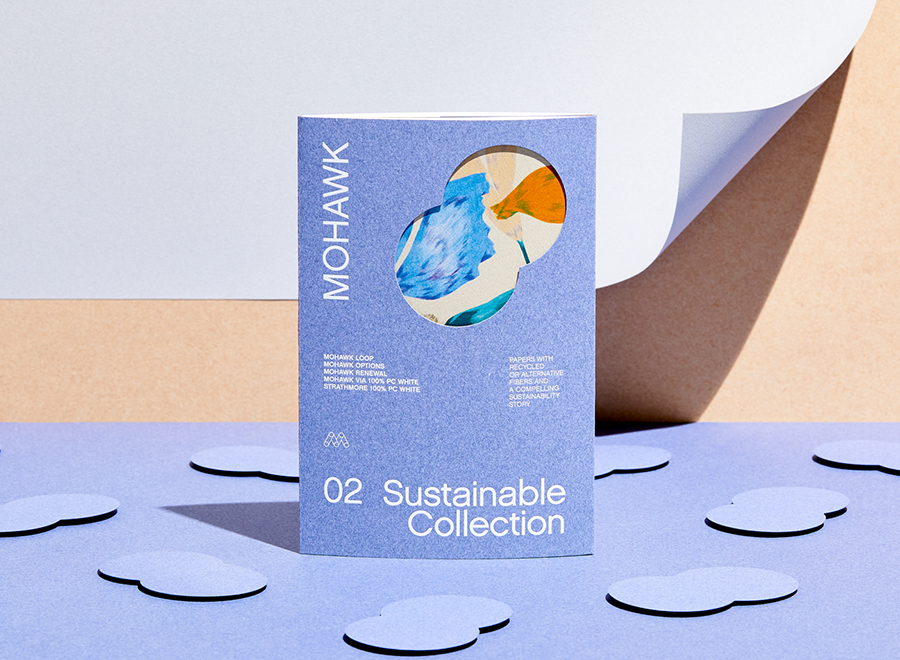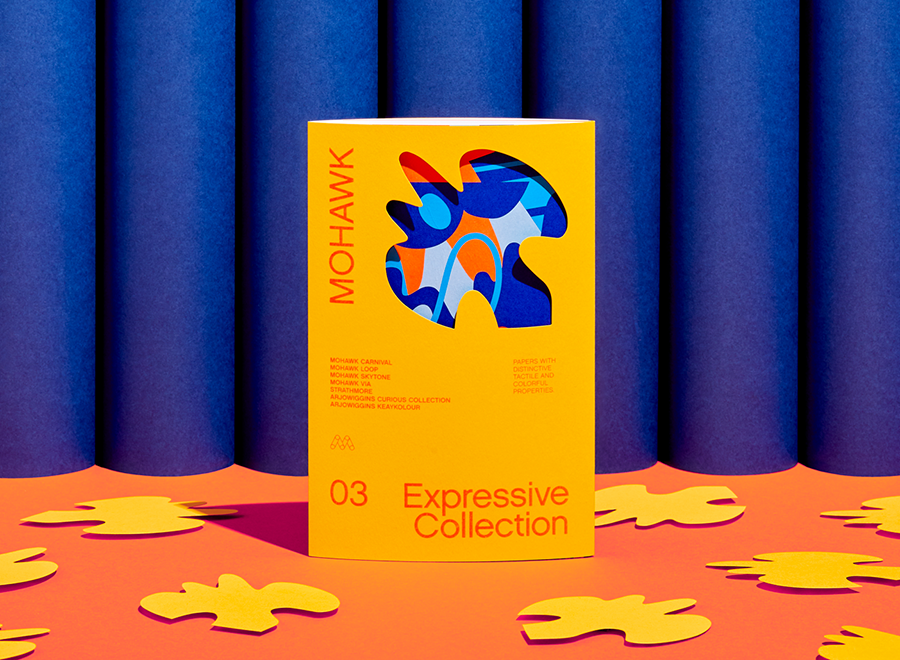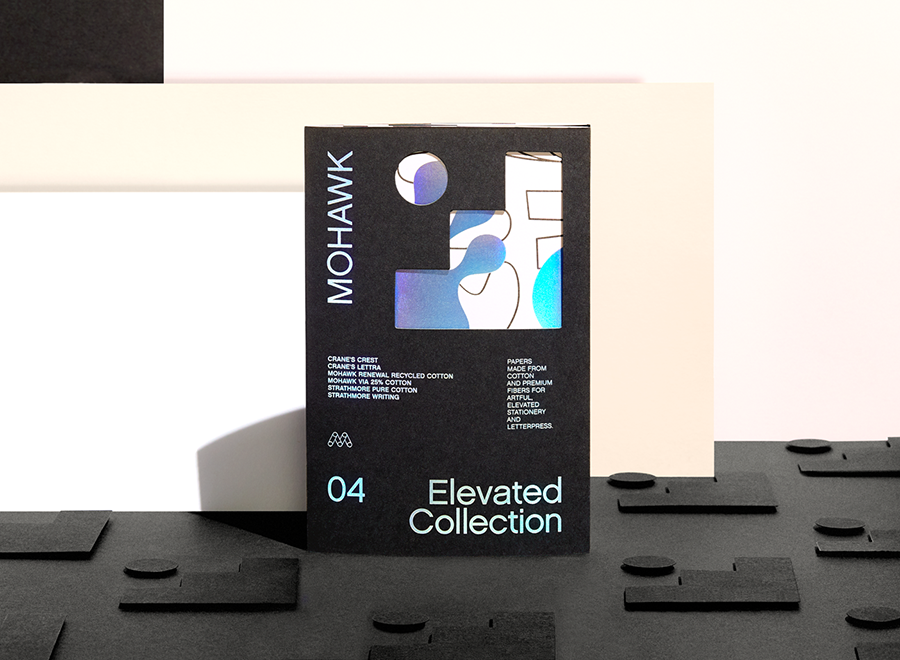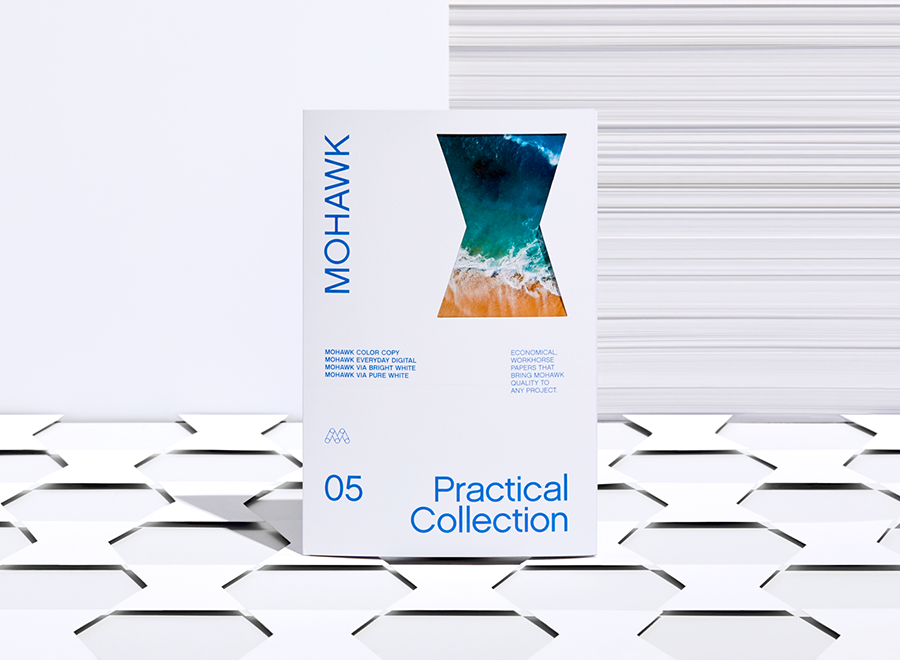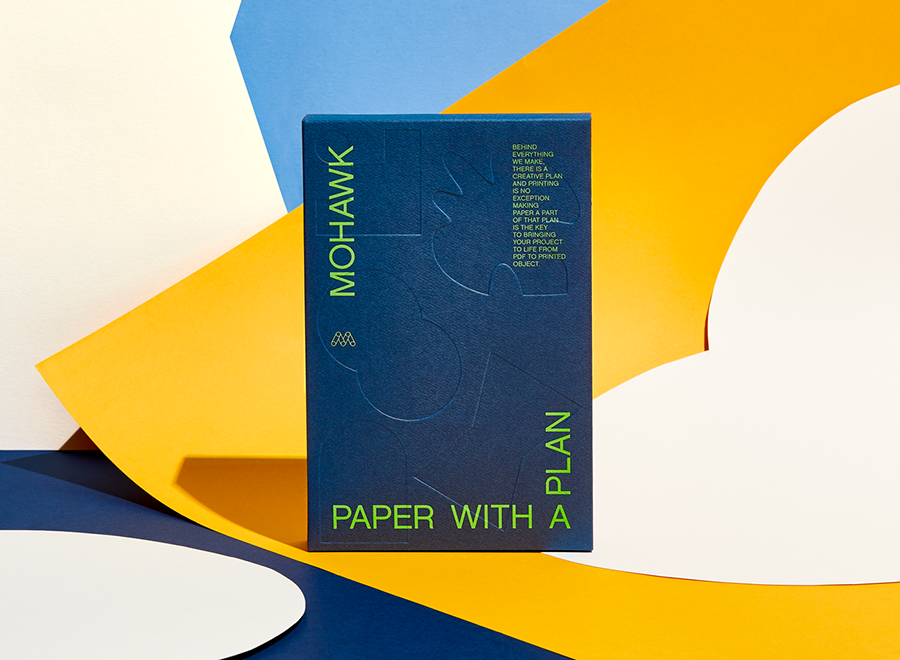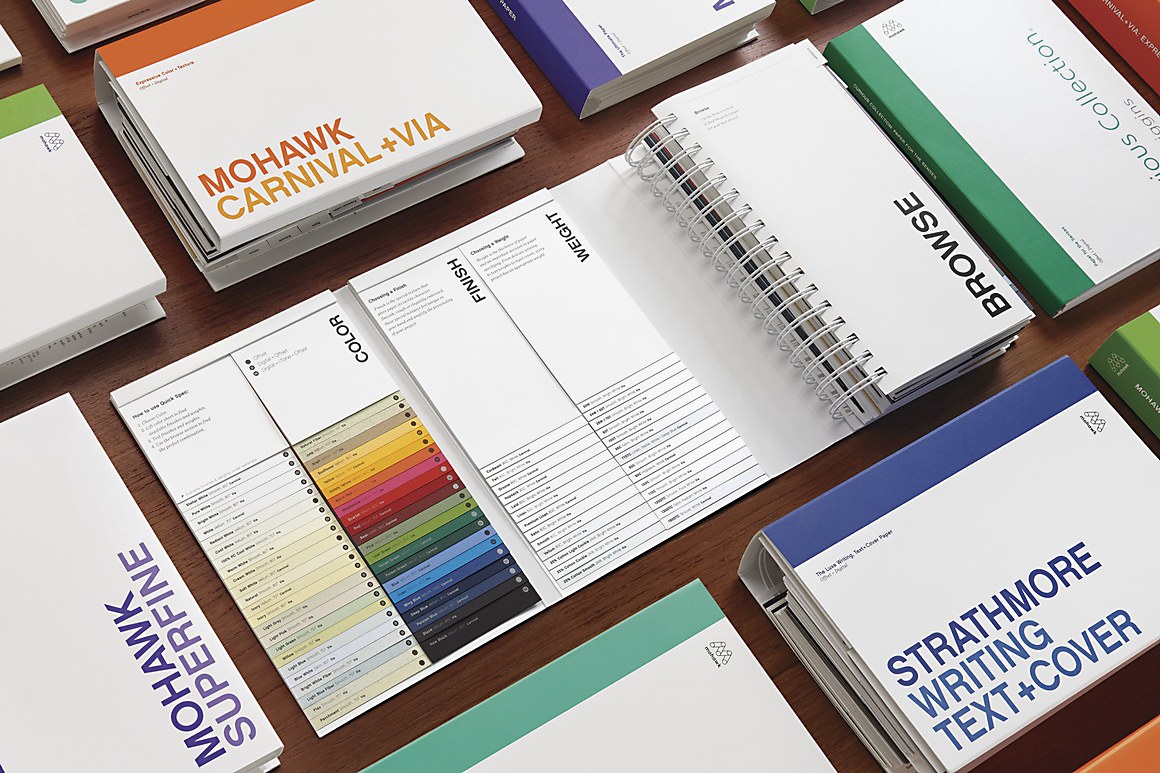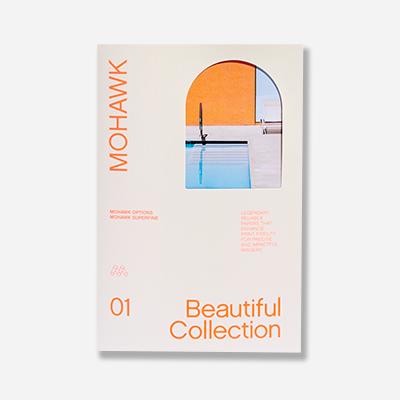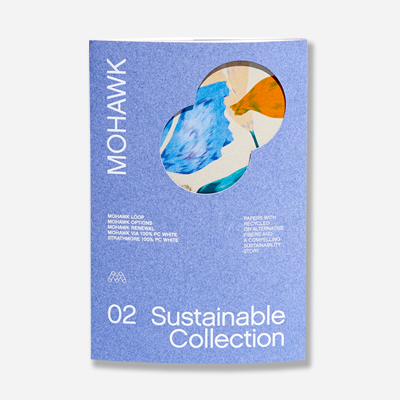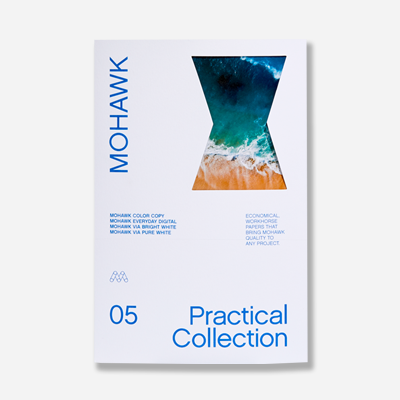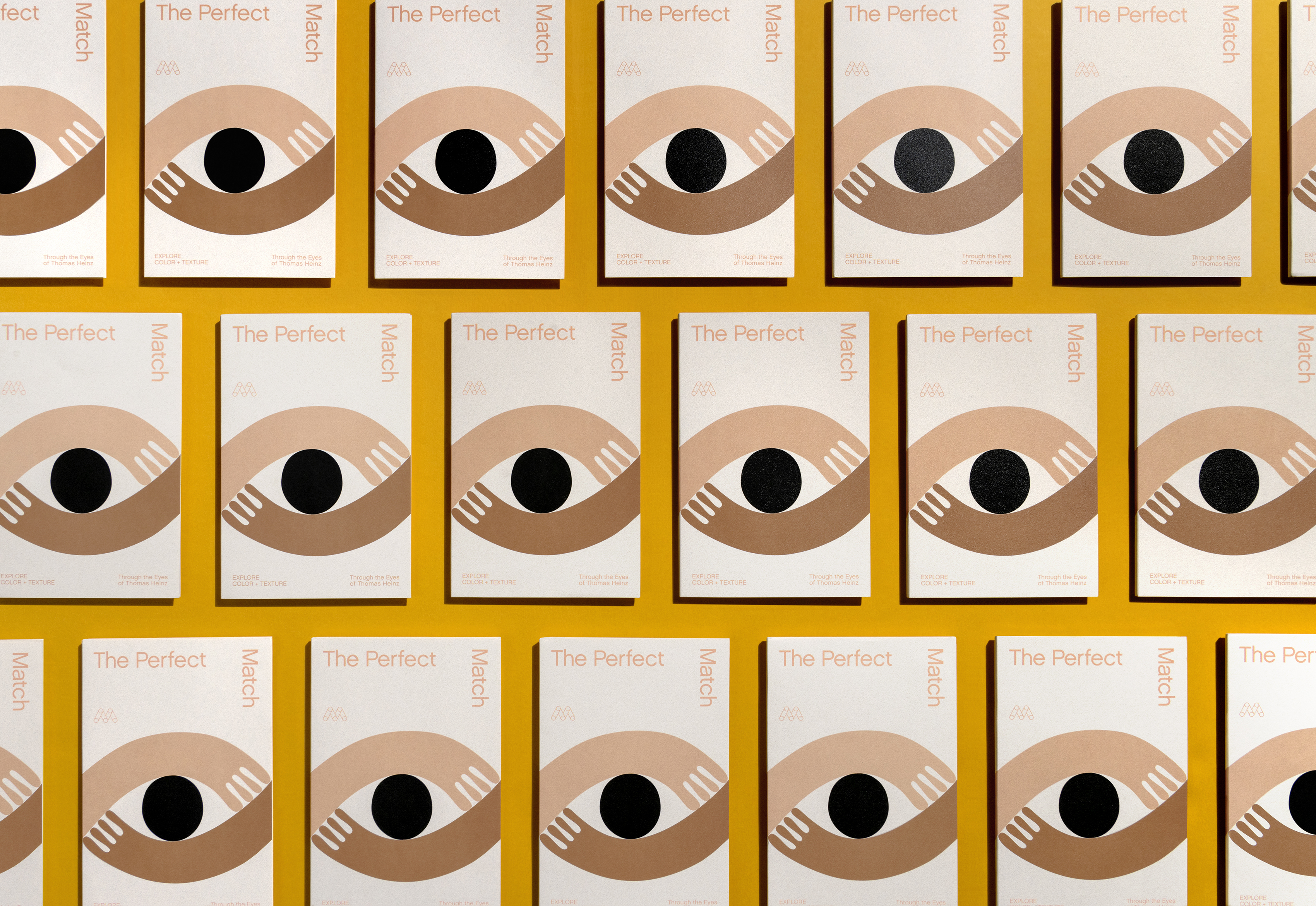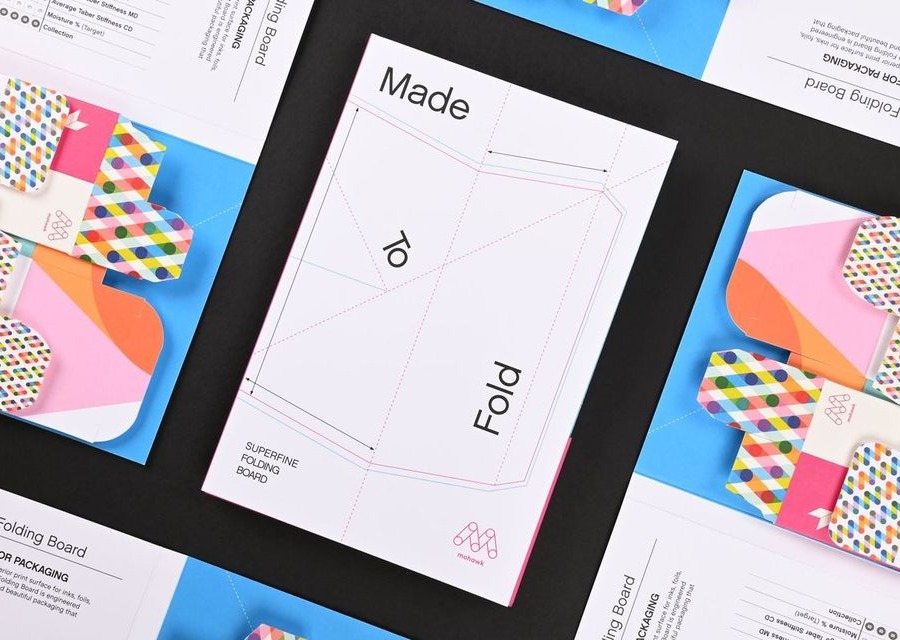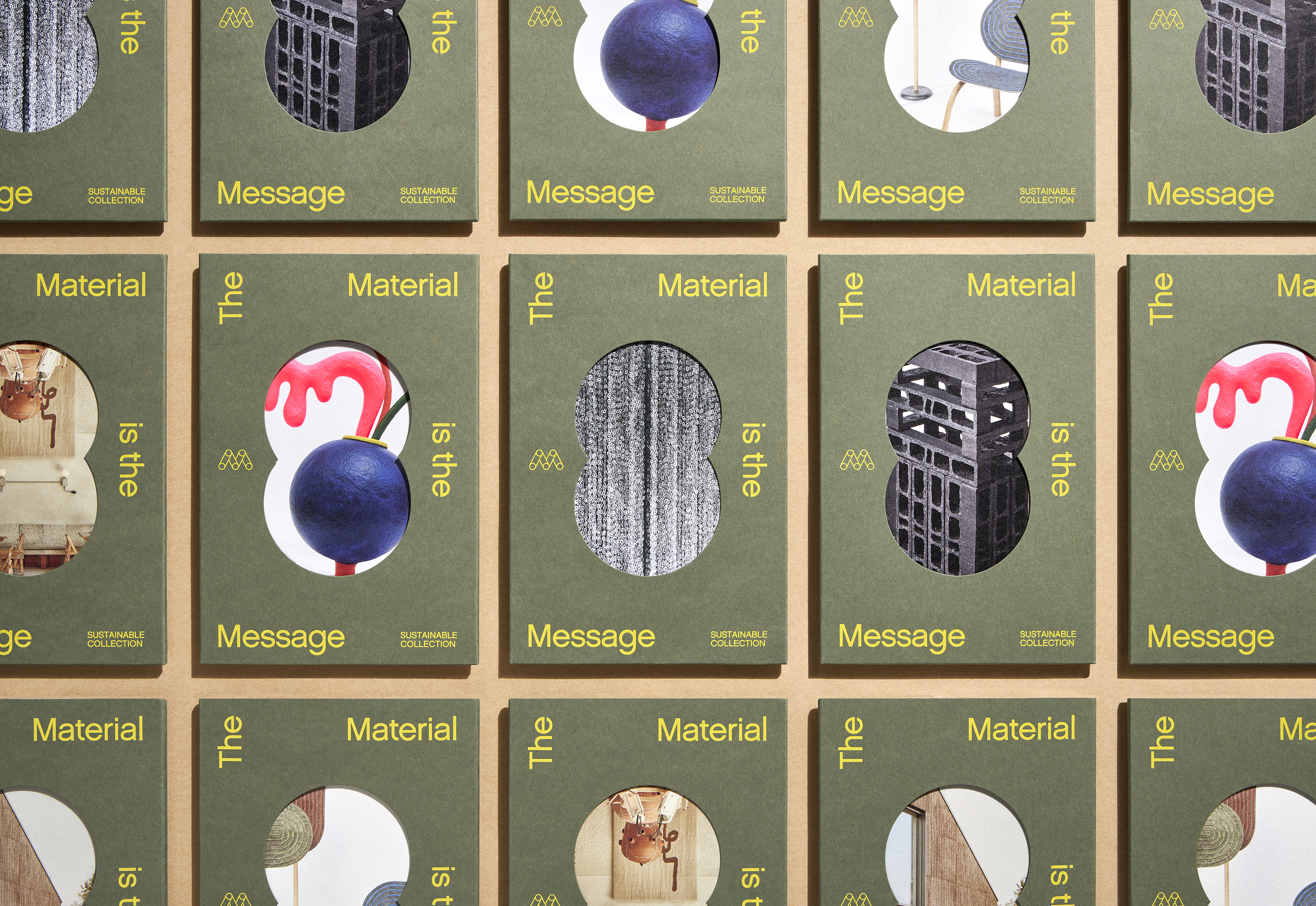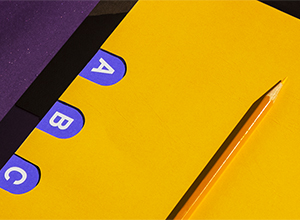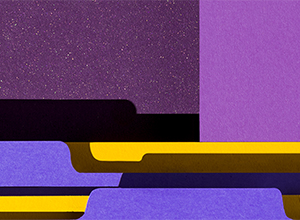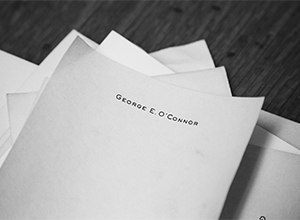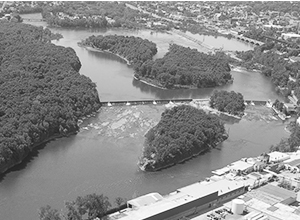The Hard Way: Why craftsmanship is the lifeblood to these four makers
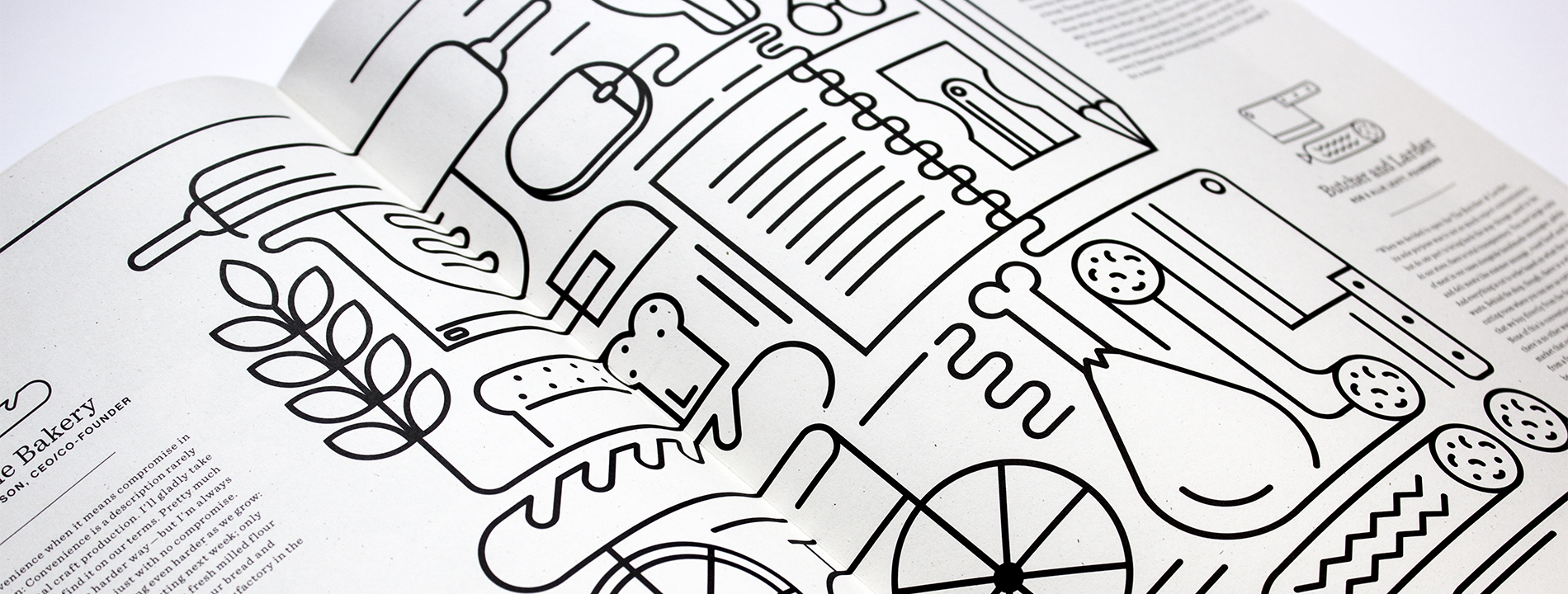
There is an old response familiar to master craftspeople when asked how long it might have taken to produce a particular work—“about a few hours and thirty years.” Namely that the ability to make something well is the product of a lifetime of practice and refinement focused on what could be the work of only a few moments.




This article was originally published in Issue 08 of the Mohawk Maker Quarterly. The Mohawk Maker Quarterly is a vehicle to support a community of like-minded makers. Content focuses on stories of small manufacturers, artisans, printers, designers, and artists who are making their way in the midst of the digital revolution. Learn more about the quarterly here.
Suggested Articles
As digital printing evolves from compromise to sophisticated tool—advances in color, texture, and fiber papers push the boundaries of what's possible.
In today's competitive marketplace, packaging plays a crucial role in brand perception and consumer satisfaction.
Mohawk Renewal marks a bold new chapter in our ongoing commitment to sustainability and innovation in papermaking.
